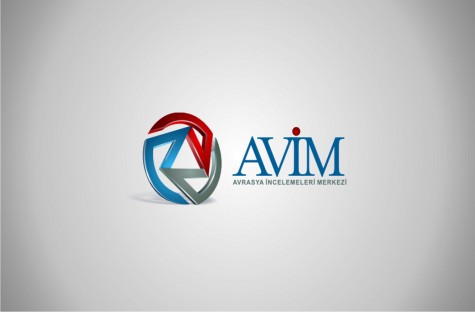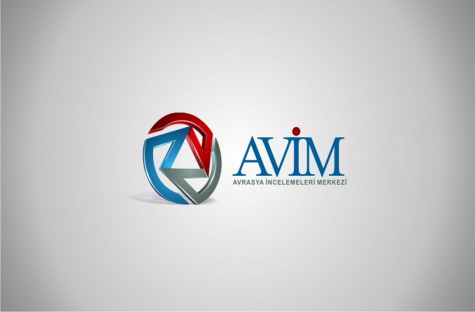In July 2015, Asian Development Bank published a report on gender issues in Armenia titled Country Gender Assessment[1] that investigates the situation of women and men in social, political and economic spheres in Armenia. While the Report examines the situation of both sexes, it particularly focuses on distribution of women in key sectors such as energy, transport, water supply and municipal services, and entrepreneurship.
According to this report, although equal participation of both sexes in the labor market was established in the Soviet era, this equality gradually diminished after Armenia’s independence. Notably, the Report states that in the last 5 years, gender equality in Armenia has regressed considerably, particularly in educational and political fields. Equally notably, although several laws that aim to facilitate gender equality were adopted in recent years, they failed to bring meaningful results in practice.
Country Gender Assessment Report emphasizes the stereotyped roles of men and women in the Armenian society. According to the Report, women in Armenian society are expected to take the role of mother, wife and to fulfill domestic duties, whereas men are identified as the bread-winner of the family. Thus, associating women with domestic roles and men with financial responsibility is the essential reason of the disproportionate distribution within the labor force.
The Report observes that in Armenia women consist only 10% of parliamentarians and 11% of high-level government staff. The society does not provide women with opportunities to take part in the policy making processes, notwithstanding the fact that women have a higher level of education compared to men. In addition to that, the Report also emphasizes women’s participation in decision-making processes in municipal services, transportation and energy fields.
The Report also mentions subordination of women in terms of economic opportunities. According to the Report, stereotypical gender roles lead to unequal wage, limited access to economic resources and insufficient social protection for women who are mostly employed in informal sector. In addition, the decline in the ratio of women in senior positions from 27% in 2012 to 23% in 2013is viewed as an important evidence of the weakening status of women. According to the Report, while men are engaged in technical, higher-paying fields such as energy, transport and construction, women are concentrated in “traditionally female” and low-wage sectors like education, social sciences, services and health.
The Report demonstrates that women are viewed as small-scale entrepreneurs and thus they generally encounter certain difficulties regarding access to commercial loans which discourage them from starting or running businesses. In such an environment, the government has taken several initiatives to engage women in the business world and NGOs such as sharing the success stories of women. Some donors and international organizations also support such government programs. However, results of these incentives are yet to be seen.
A serious concern in the Report is gender-based violence. The Reports observes that cultural deviation and absence of protective laws for women are the primary reasons of the increase in domestic violence. As an important socio-cultural factor, the Report also observes that victims of domestic violence mostly tolerate the violence directed towards them. The report states that gender-based violence is the primary obstacle for the advancement of gender equality in Armenia.
One of the highly problematic socio-cultural issues that the Report outlines is the disproportionate birth sex ratio in Armenian society, which is a result of favoring male babies to female ones due to gender stereotypes that lies behind the widespread practice of termination of pregnancy after prenatal determination of sex of the infants.
In sum, the Report shows that establishment of equality between women and men in social, political and economic spheres are an issue that should be approached with priority in Armenia. Gender stereotypes, gender-based violence, inaccessibility to economic opportunities prevent women from fully engaging in public and economic life. Therefore, raising awareness about the necessity of gender inequality and encouragement of the participation of women in political sphere and decision-making processes are the issues which need to be handled without delay. In that, attention must be paid to the contradiction between the written laws and the actual practice.
[1] Asian Development Bank. “Armenia Country Gender Assessment” (July 2015) http://www.adb.org/sites/default/files/institutional-document/162152/arm-country-gender-assessment.pdf
© 2009-2025 Center for Eurasian Studies (AVİM) All Rights Reserved
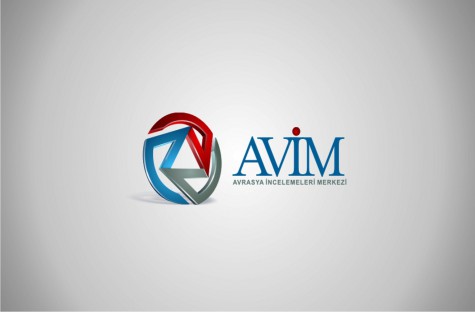
 THE TROJAN HORSE IN THE US
THE TROJAN HORSE IN THE US
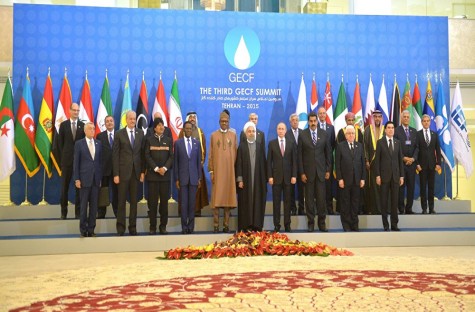 THIRD GAS SUMMIT OF THE GAS EXPORTING COUNTRIES FORUM
THIRD GAS SUMMIT OF THE GAS EXPORTING COUNTRIES FORUM
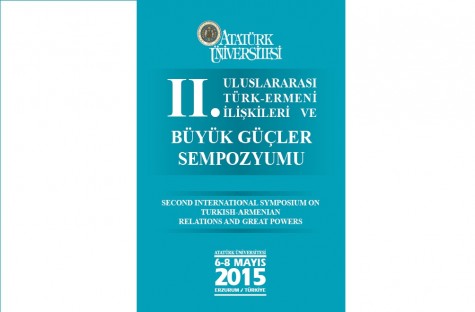 THE SECOND INTERNATIONAL SYMPOSIUM ON TURKISH-ARMENIAN RELATIONS AND GREAT POWERS ORGANIZED BY ATATÜRK UNIVERSITY IN ERZURUM ENDS TODAY
THE SECOND INTERNATIONAL SYMPOSIUM ON TURKISH-ARMENIAN RELATIONS AND GREAT POWERS ORGANIZED BY ATATÜRK UNIVERSITY IN ERZURUM ENDS TODAY
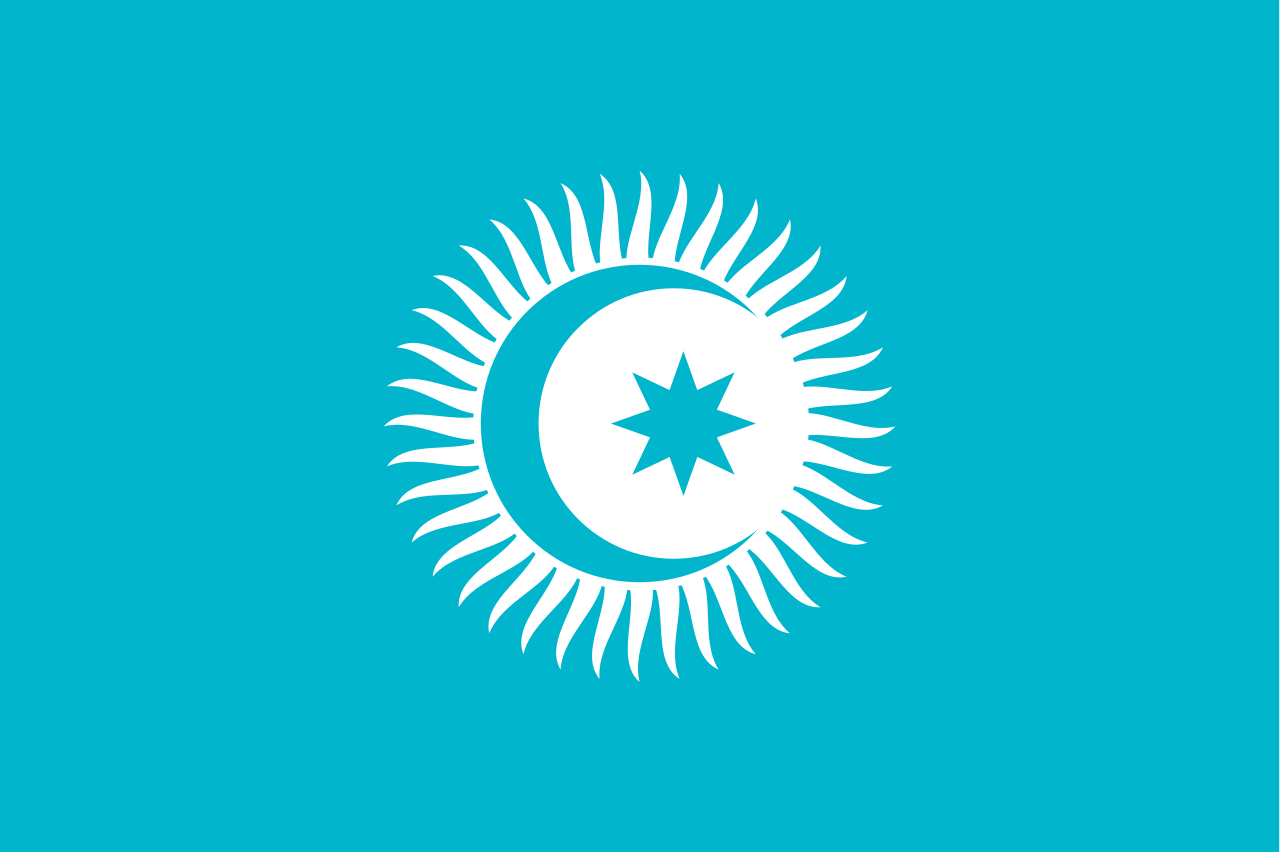 THE REPUBLIC OF KAZAKHSTAN: INITIATOR OF THE ORGANIZATION OF TURKIC STATES
THE REPUBLIC OF KAZAKHSTAN: INITIATOR OF THE ORGANIZATION OF TURKIC STATES
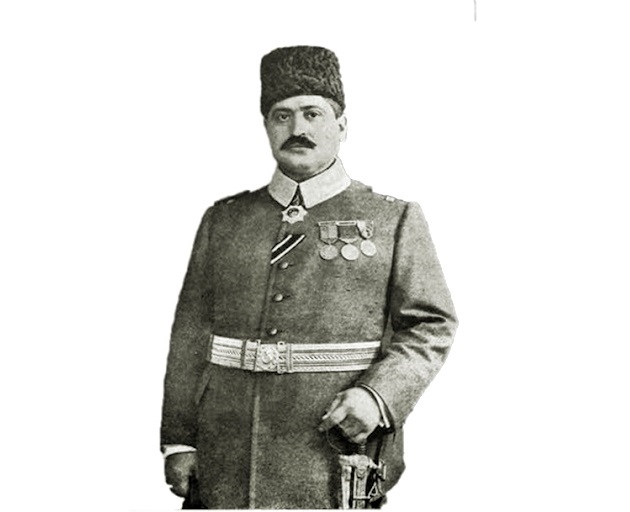 DR. PAT WALSH’S RECENT ARTICLE ON THE TALAT PASHA QUESTION
DR. PAT WALSH’S RECENT ARTICLE ON THE TALAT PASHA QUESTION




















